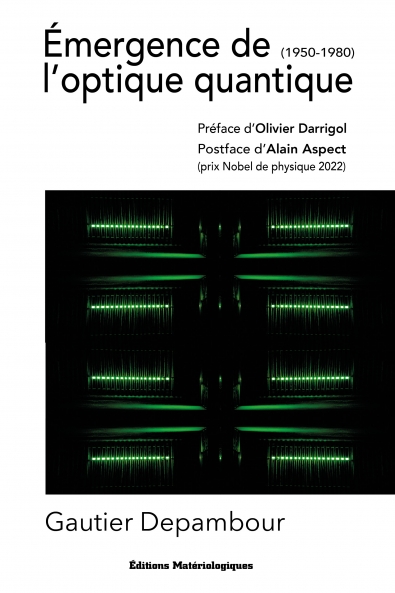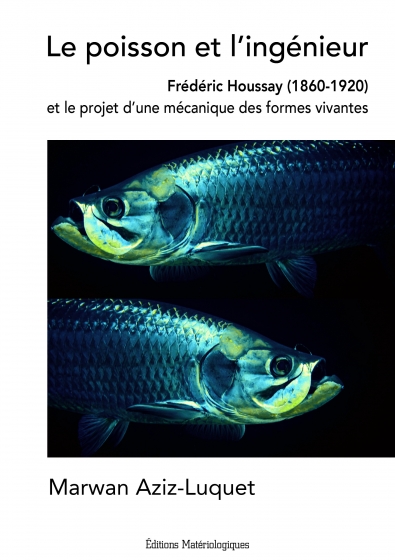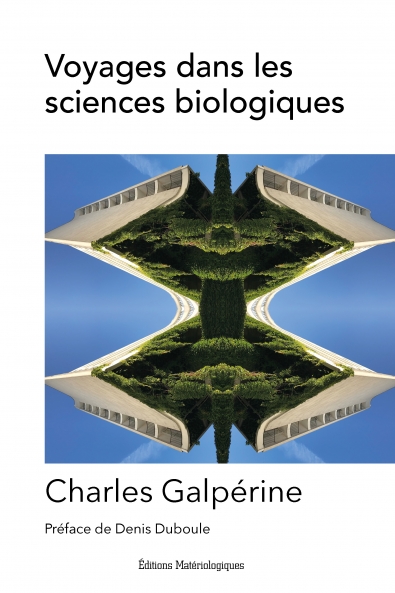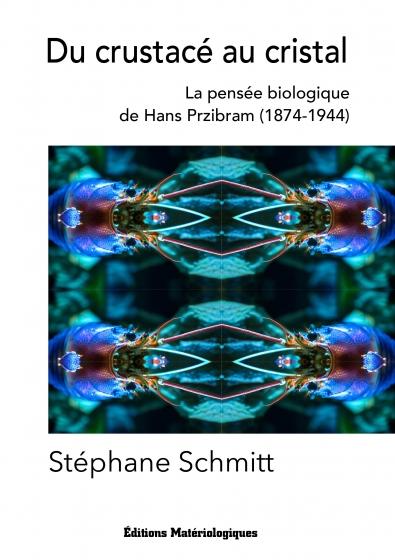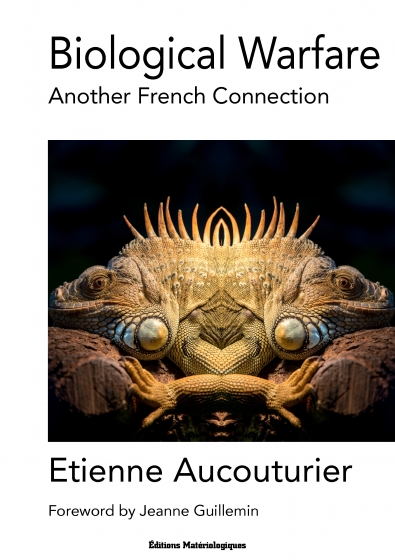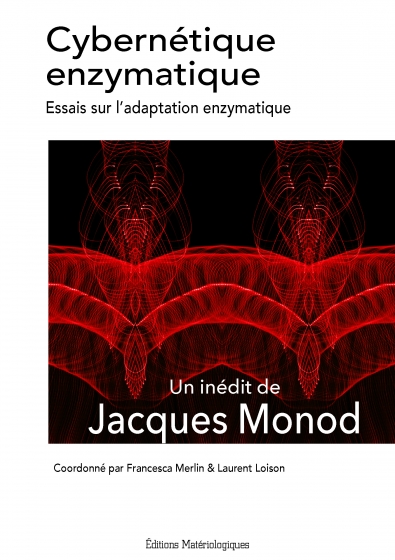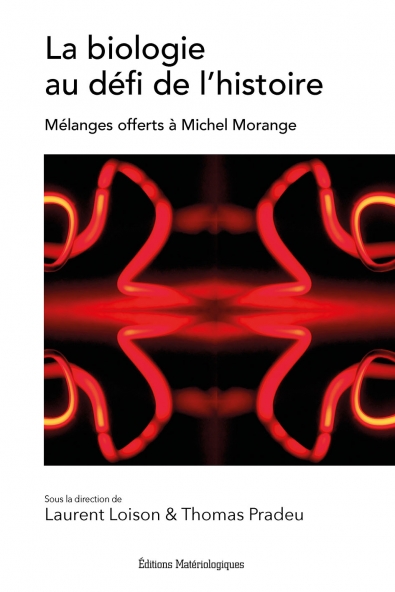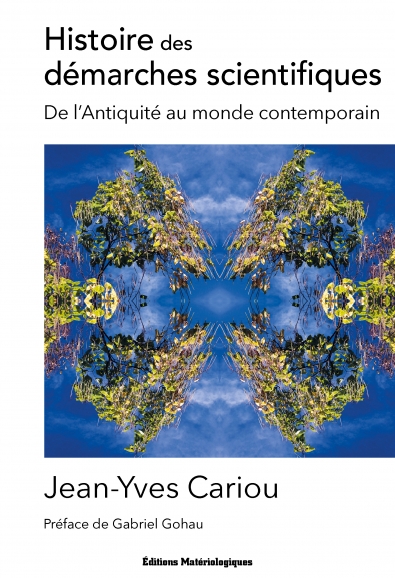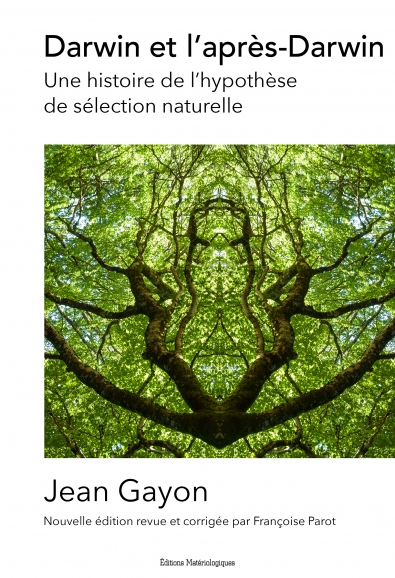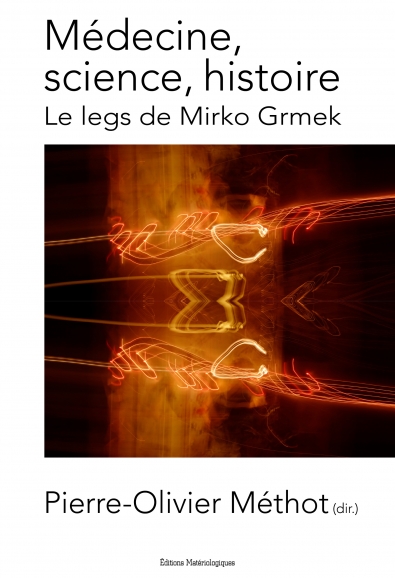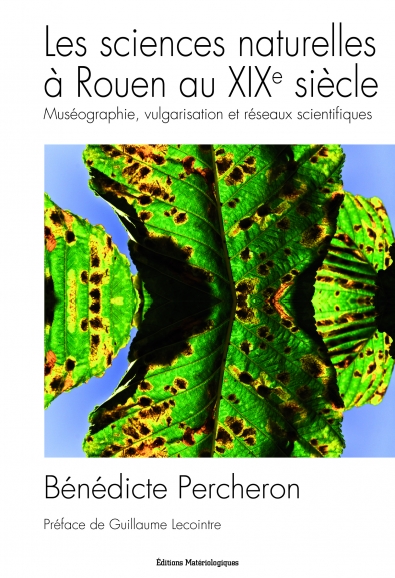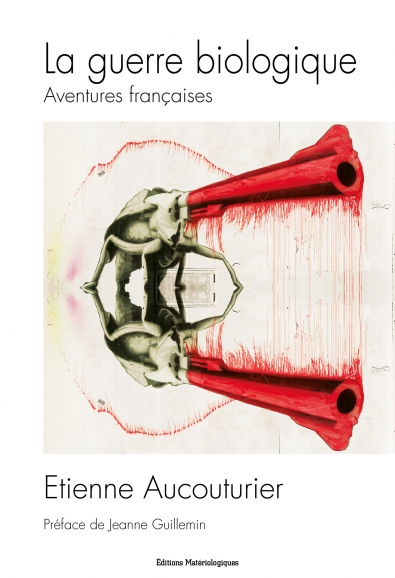No products
Prices are tax included
Product successfully added to your shopping cart
There are 0 items in your cart. There is 1 item in your cart.
News
Catalogue
Collection dirigée par Etienne Aucouturier (CEA - Commissariat à l’énergie atomique et aux énergies alternatives) & Anne-Lise Rey (Université Paris Nanterre).
Fondatrice : Françoise Parot.
Alongside our many books on the relationship between science and philosophy, we felt it necessary to launch a collection dedicated to the history of science and technology (HST). The history of science and technology has been justified in various ways: by its contribution to scientific activity itself and to the teaching of science and technology; by its indispensable contribution to the philosophy of science and technology; by the bond it necessarily builds between the humanist and scientific cultures; and finally, by its political benefits in defending the need to support scientific research as much as in analyzing and criticizing its applications. All these justifications have theoretical and practical foundations, as well as limitations.
This series assumes that science and technology play an essential role in human history, that they must be understood for their own sake, and that their history sheds light on the present. Historical developments in science and technology show that the human venture to gain objective knowledge of the world has continued to expand its scope, and to push back the frontiers of belief and opinion, while at the same time providing humanity with powerful means of acting on our universe.
This collection, founded by Françoise Parot (Université Paris Descartes and IHPST), is open to any book dealing with scientific disciplines and their applications. It welcomes texts exploring the history of relations between science and technology. It is also open to all contemporary approaches to the history of science and technology. Finally, it welcomes monographs, collectives, scholarly texts, historical essays, etc. - in short, it covers the whole spectrum of HST studies.
This collection is bilingual (French and English). We welcome manuscripts in English: please do not hesitate to send us your original material in English (contact page).
Biological Warfare
Another French ConnectionBiological Warfare : Another French Connection, is the first book to summarize the history of France’s biological warfare programs. Highlighting the complex and always secret conceptual genesis of the notion of biological warfare in France, Etienne Aucouturier shows that the contemporary institutional separation between chemical and biological weapons...
29,00 €Cybernétique enzymatique
Essais sur l’adaptation enzymatiqueJacques Monod (1910-1976), ancien directeur de l’Institut Pasteur, prix Nobel en 1965 en compagnie de ses collègues François Jacob et André Lwoff, a été parmi les fondateurs de la biologie moléculaire. Il est aussi connu du grand public cultivé du fait du succès de son livre Le Hasard et la nécessité, publié en 1970. Dix ans auparavant, il rédigeait un...
L’évolution au Muséum, Albert Gaudry
Mélanges offerts à Michel MorangeAlbert Gaudry (1827-1908), professeur de paléontologie au Muséum national d’histoire naturelle, concepteur de l’actuelle galerie de paléontologie du Muséum, président de l’Académie des sciences, est, avant tout, l’homme qui a introduit l’évolutionnisme en France. Certes, avant lui, Lamarck avait jeté les bases, Geoffroy Saint-Hilaire avait entretenu la...
23,00 €L’évolution au Muséum, Albert Gaudry
Albert Gaudry (1827-1908), professeur de paléontologie au Muséum national d’histoire naturelle, concepteur de l’actuelle galerie de paléontologie du Muséum, président de l’Académie des sciences, est, avant tout, l’homme qui a introduit l’évolutionnisme en France. Certes, avant lui, Lamarck avait jeté les bases, Geoffroy Saint-Hilaire avait entretenu la...
23,00 €Histoire des démarches scientifiques
De l’Antiquité au monde contemporainL'idée cruciale de démarche scientifique n’est pas univoque. Il devient alors nécessaire de parler des démarches scientifiques, de leur pluralité, de la versatilité des aspects jugés majeurs. Faire appel à l’histoire des sciences pour en dégager les caractéristiques, les fluctuations et les permanences s’impose ; c’est l’objectif de ce livre. La...
29,00 €Darwin et l'après-Darwin
Une histoire de l’hypothèse de sélection naturelleTrès vite après sa parution en 1992, ce livre a été reconnu comme l’ouvrage de référence sur l’histoire du darwinisme et de ses relations avec la génétique. Aujourd’hui, c’est toujours une somme incontournable et une formidable leçon d’histoire des sciences. Sa traduction aux États-Unis quelques années plus tard et le renom mondial qu’elle a immédiatement...
35,00 €Médecine, science, histoire
Le legs de Mirko GrmekL’œuvre du médecin et historien d’origine croate Mirko Grmek (1924-2000) représente un moment incontournable de l’histoire des sciences et de la médecine de la seconde moitié du XXe siècle. S’installant à Paris au début des années 1960, Grmek travaille aux côtés de Fernand Braudel, Pierre Huard, René Taton, Georges Canguilhem et Alexandre Koyré, puis...
26,00 €Les sciences naturelles à Rouen au XIXe siècle
Muséographie, vulgarisation et réseaux scientifiquesLes collections de sciences naturelles de l’agglomération rouennaise trouvent leurs origines dans des pratiques scientifiques du XVIIIe siècle : constitutions de cabinets de curiosités et créations de jardins botaniques destinés à l’étude de la nature. Avec la Révolution française, l’histoire naturelle sort des cabinets des aristocrates et des...
35,00 €La guerre biologique
Aventures françaisesBiological Warfare – Another French Connection, is the first book to summarize the history of France’s biological warfare programs. Highlighting the complex and always secret conceptual genesis of the notion of biological warfare in France, Etienne Aucouturier shows that the contemporary institutional separation between chemical and biological weapons...
23,00 €

